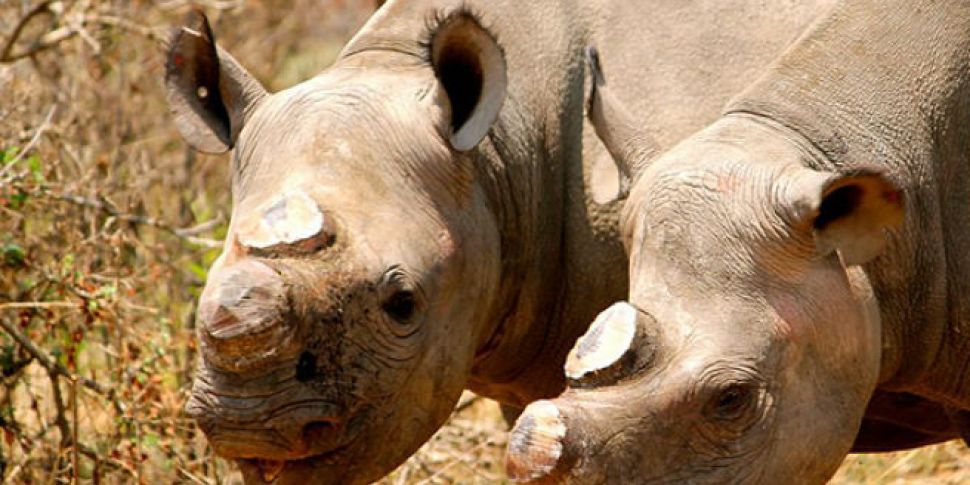In an effort to discourage poachers from killing them off to harvest their horns, gamekeepers in Zimbabwe’s national parks are planning on removing the horns themselves, according to wildlife conversation personnel. The decision has come after 50 rhinos were shot dead by poachers in the country last year.
Aware Trust Zimbabwe is one of two conservation groups that will work with the government to safely remove the horns of approximately 100 rhinos living in parks overseen by public office. In Zimbabwe, a further 600 rhinos live in private sanctuaries, many of which are believed to be also considering dehorning in an effort to secure the endangered species from poachers.
The species has become prey to hunters trying to sell its horn to Asian markets, where it has become a highly-prized ingredient in traditional medicine. Rhino horn is believed to cure ailments ranging from fever to impotence, though there is no scientific data to back up and claims it has any medicinal qualities whatsoever.
2015 was the worst year for rhino poaching in Africa since records began, with 1.305 rhinos shot dead, mostly in South Africa. “The rampant poaching of rhinos in southern African is a striking illustration of the magnitude and the enormity of the global wildlife crime crisis,” said Ginette Hemley, senior vice president of wildlife conservation at the World Wildlife Fund in a statement in January.
Speaking to Reuters last week, Aware Trust Zimbabwe’s director of operations, Lisa Marabini, said that it costs as much as $1,200 (€1,070) to safely remove a rhino’s horn. “We want to send a message to poachers that they will not get much of they come to Zimbabwe. The park’s policy is to dehorn all the rhino,” Marabini said.
International trade agreements made the sale of rhino horn illegal almost 40 years ago, though the 1977 agreement has done little to reduce the demand for the horn in a number of Asian countries. Current estimates believe there are only as few as 5,500 black rhinos still living in the wild in Africa, and anyone caught killing rhino in Zimbabwe will spend nine years in prison.
Other conservationists have called for African elephants, preyed on by poachers for their ivory tusks, to also undergo a similar procedure to make them less appealing to those hunting them. But according to the Amboseli Trust for Elephants, detusking elephants is considered very difficult because the process would inflict pain on the animals and the costs would be too high to consider.









